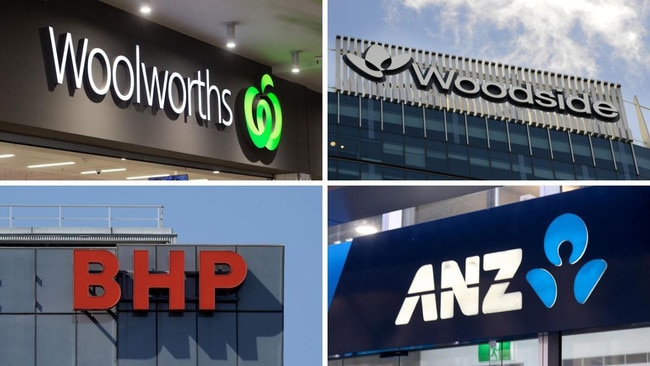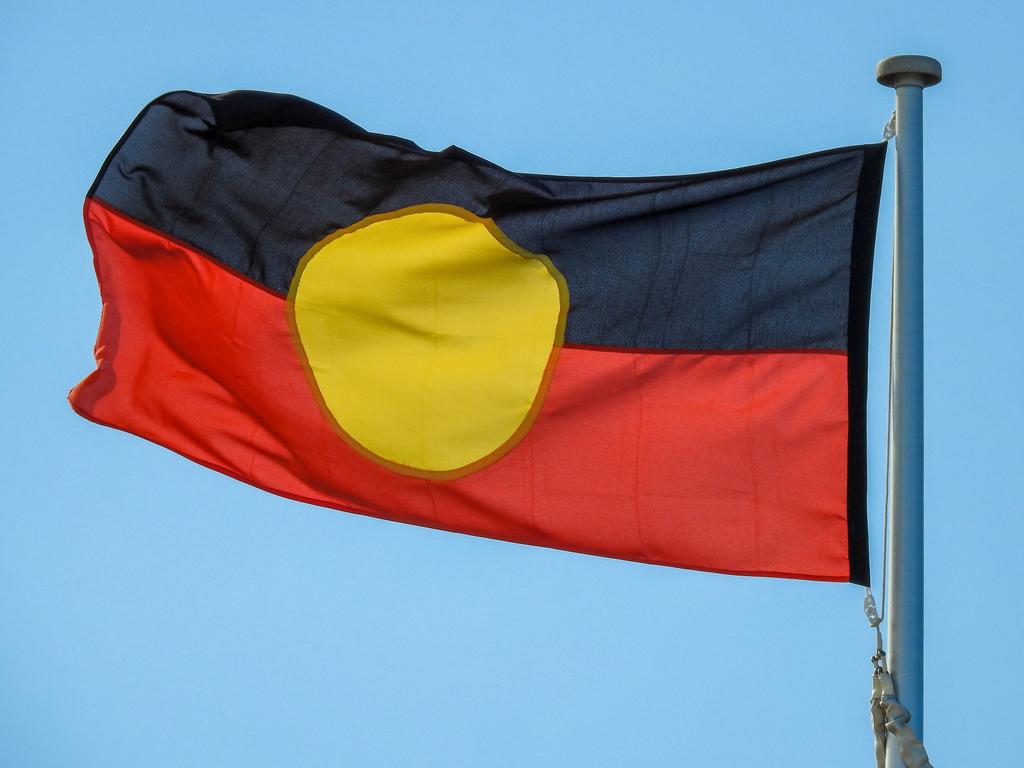AEC report reveals biggest Yes and No campaign donors
Leading campaigners that pushed for an Indigenous voice to parliament have been left with millions in unspent donations.

Leading campaigners that pushed for an Indigenous voice to parliament have been left with millions in unspent donations, as fresh figures show the organisations advocating for the voice amassed more than four times the funds of the opposing No camp.
Figures released by the Australian Electoral Commission on Tuesday showed while Yes campaign bodies received more than $60m in donations, No organisations received less than $15m, prompting leading No officials to brand the voice as a “priority of the elites, activists and corporations”.
The AEC data also revealed that while the charity behind the Yes23 campaign, Australians for Indigenous Constitutional Recognition, amassed more than $47m in donations in the six months before the referendum, it spent only $43.8m.
However, AICR co-chair Danny Gilbert told The Australian on Tuesday that some additional expenses fell outside the AEC’s reporting period.
“Our board is considering how remaining funds be spent in line with out purpose of supporting the advancement of Indigenous Australians,” Mr Gilbert said.
Separate to the Yes23 campaign, the Uluru Dialogue – led by Megan Davis and Pat Anderson – received just over $11m in donations through the University of New South Wales’ philanthropic unit, which has had a long association with the voice through its Indigenous Law Centre.
The Uluru Dialogue spent about two thirds of its money on advertising campaigns, The Australian has been told, while the rest was spent on staff and travel, including small group workshops to explain the story of the Uluru Statement from the Heart.
These meetings were held at town halls and council buildings in every state.
The returns also show in kind support, including nearly $630,000 from Lendlease in the form of billboard and poster space at shopping centres.
The published returns reveal the Uluru Dialogue spent $819,355 less than it received in the six months before the voice referendum, with the organisation talking to donors about how to use the remaining money.
Funds could be used to help the Uluru Youth arm of the organisation to continue its work or to find a permanent display for the Uluru Statement from the Heart canvas.
The returns showed it was common for organisations on both sides of the campaign to have spent less than they raised during the campaign, with the Western Australian Liberal Party receiving more than $224,000 in the six months before the referendum and spending just under $97,000.
Left wing activist organisation GetUp! also raised $1,711,801 and spent $1,371,438.
However, major No campaign bodies Australians for Unity and Advance Australia both spent more than the donations recorded as part of the AEC’s disclosures.
The Australian understands the AEC imposes no requirements on organisations who have underspent but several organisations intended to acquit the money with donors.
Australia’s big banks were some of the largest donors to the Yes campaign, with ANZ Bank contributing $2.5m, while Woodside Energy, Commonwealth Bank, Westpac, BHP, Rio Tinto and Woolworths all committing between $1.5m and $2.18m.
The biggest philanthropic donation came from the Paul Ramsey Foundation, which poured more than $7m into groups campaigning for the voice.
The Australian Education Union was a significant spender in the campaign, amassing over $1m in expenses despite receiving no donations.
Similarly, Australian billionaire Clive Palmer received no donations but declared more $1.9m in referendum expenditure through his mining firm, Minerology.
The biggest donor to the No camp was Bryant Macfie – a past donor of right-wing think-tank the Institution of Public Affairs – who gave $800,000 under his own name and through the B Macfie Family organisation.
And while Australia’s biggest corporations donated to the Yes campaign, former BHP chief executive and his wife donated more than $100,000 to the No side.
Opposition spokeswoman for Indigenous Australians, Jacinta Price said the figures showed the voice was the priority of the elites while the No campaign “was supported by everyday mums and dads”.
Besides donations from individuals, the No camp also benefited from $250,000 from Harbig Properties – run by prominent Melbourne businessman Richard Harbig – and a further $500,000 from multi-millionaire Simon Fenwick and his organisation the Fenwick Family Trust.
Former Newcastle Lord Mayor Jeffrey McCloy donated nearly $170,000, while Baker’s Delight Founder Roger Gillespie gave $90,000 and former major shareholder in the Blackmores vitamin company, Marcus Blackmore, contributed $20,000.







To join the conversation, please log in. Don't have an account? Register
Join the conversation, you are commenting as Logout